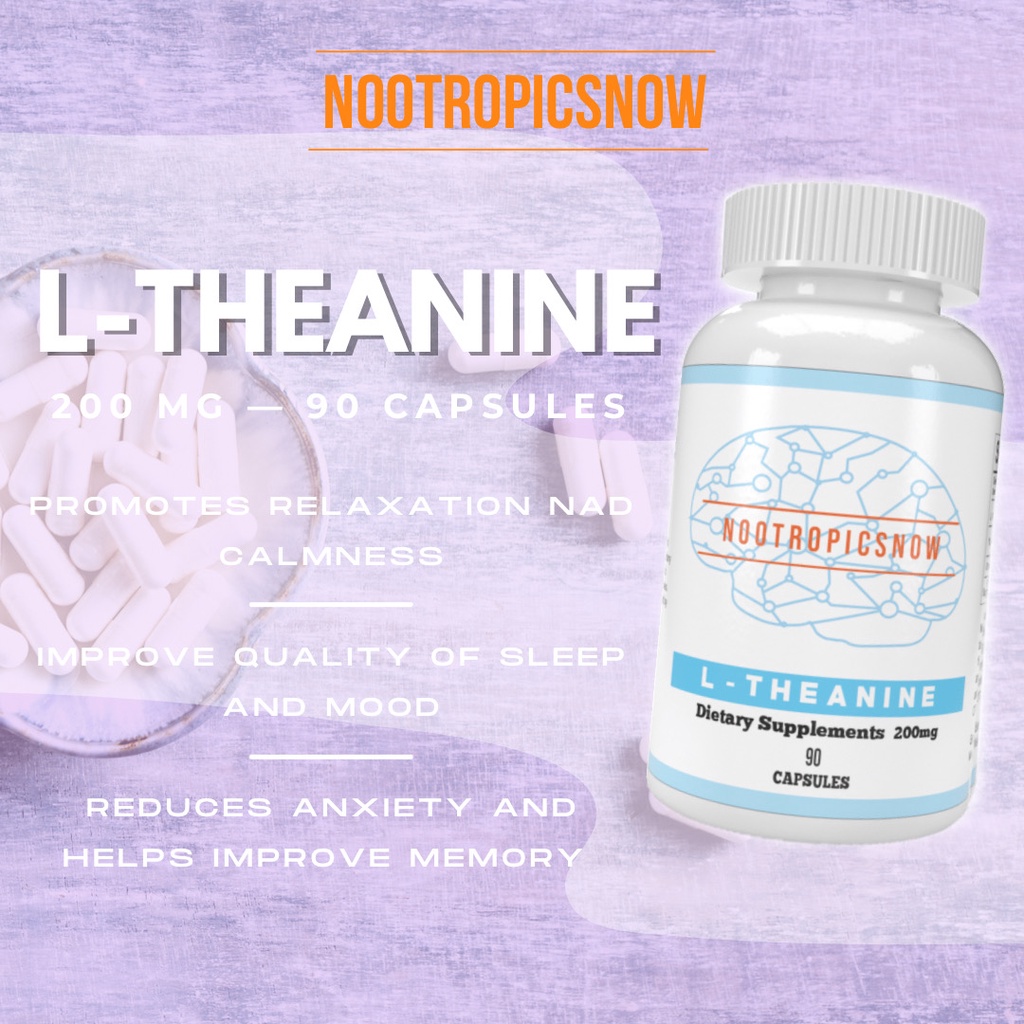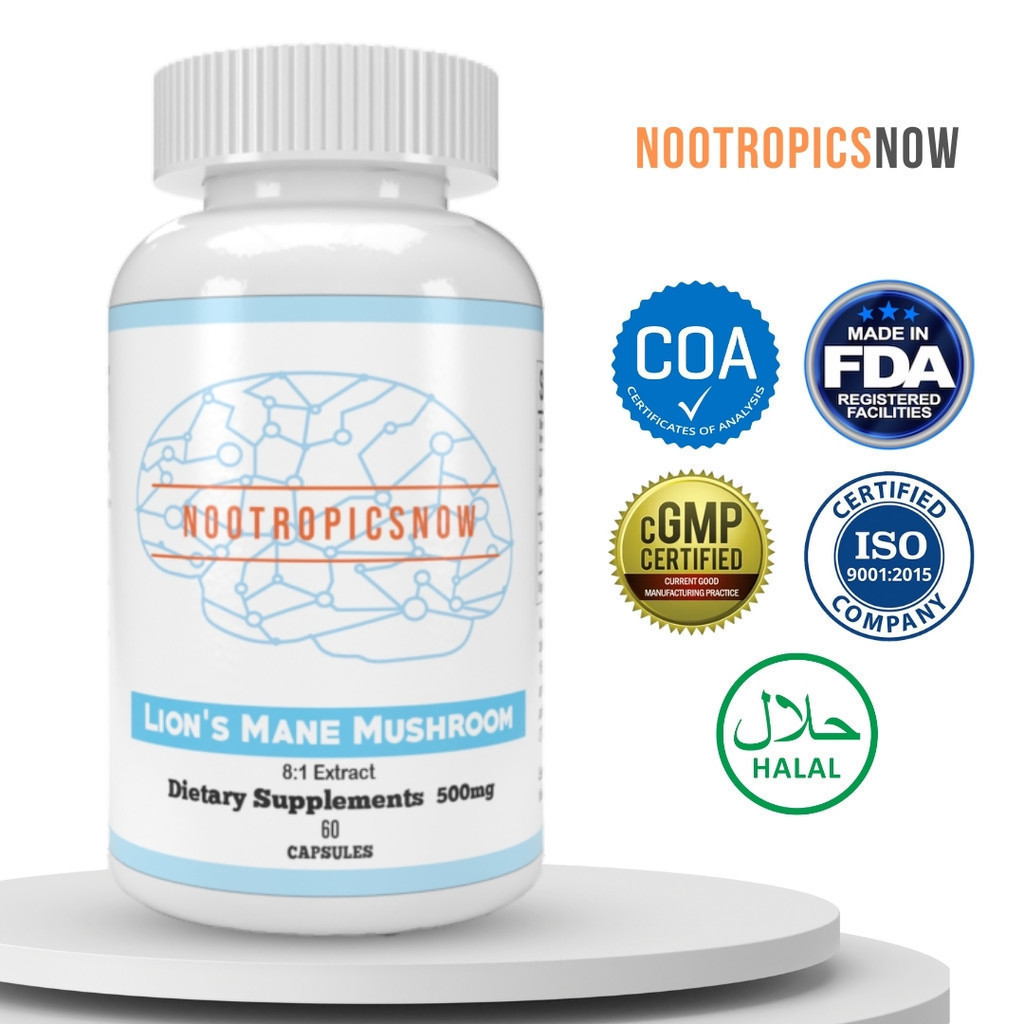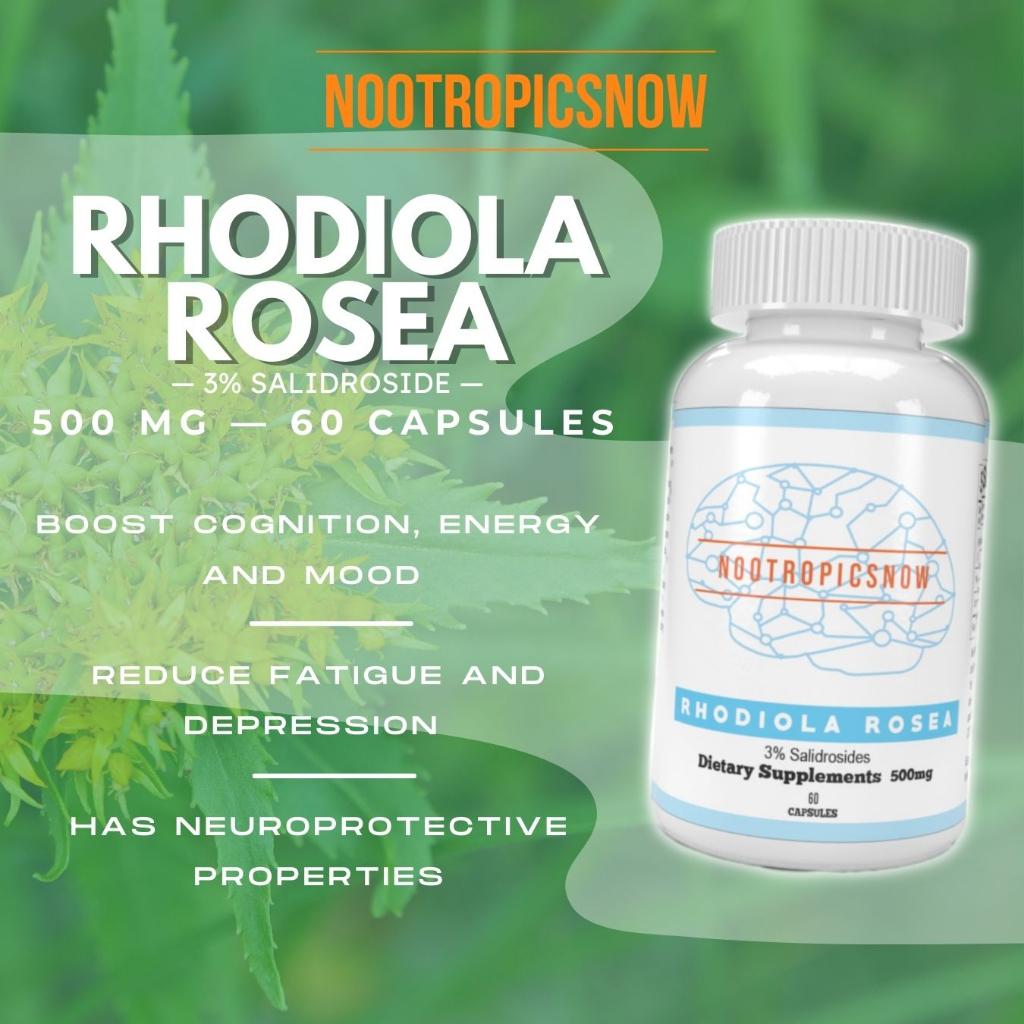Phenibut Philippines: Is It Legal & Safe?

Phenibut Philippines: A Comprehensive Guide to Usage, Legality, and Safety

Phenibut, also known as β-phenyl-γ-aminobutyric acid, is a synthetic nootropic compound derived from the naturally occurring neurotransmitter GABA (gamma-aminobutyric acid). It has gained popularity in various communities for its anxiolytic (anti-anxiety), mood-enhancing, and cognitive-boosting properties. In the Philippines, the use and accessibility of phenibut present unique considerations concerning legality, safety, and potential risks. This comprehensive guide aims to provide an in-depth understanding of phenibut in the Philippines, covering its purported benefits, risks, legal status, and how to use it responsibly.
Understanding Phenibut: Mechanism of Action and Effects
Phenibut functions primarily as a GABA-B receptor agonist, meaning it binds to and activates these receptors in the brain. GABA-B receptors are inhibitory, leading to a calming effect and reduced neuronal excitability. However, unlike GABA itself, phenibut can cross the blood-brain barrier more effectively, leading to more pronounced central nervous system effects. Additionally, phenibut acts as a dopamine agonist at higher doses, contributing to its mood-enhancing properties.
The effects of phenibut can vary greatly depending on dosage, individual sensitivity, and frequency of use. Common reported effects include:
Anxiolysis: Reduced anxiety and feelings of calmness.
Mood Enhancement: Elevated mood, euphoria, and increased sociability.
Improved Sleep: Facilitation of sleep onset and improved sleep quality.
Cognitive Enhancement: Enhanced focus, concentration, and mental clarity (reported but less consistent).
Muscle Relaxation: Reduced muscle tension and cramps.
However, these effects are not guaranteed, and many individuals report negative side effects, especially with improper use. It is essential to understand both the potential benefits and the risks associated with phenibut before considering its use.
Purported Benefits of Phenibut: Exploring the Claims
While phenibut is primarily used for its anxiolytic effects, proponents also cite various other benefits. These claims, however, are often based on anecdotal evidence and require more rigorous scientific validation.
Anxiety Relief: Phenibut’s GABA-B receptor agonism is believed to reduce anxiety by inhibiting neuronal activity associated with stress and fear. Many users report significant reductions in social anxiety, generalized anxiety, and panic attacks. Yet, it is essential to remember that Phenibut does not provide long-term solution and may even exacerbate anxiety upon cessation.
Sleep Aid: By promoting relaxation and reducing anxiety, phenibut can facilitate sleep onset and improve sleep quality. It is particularly useful for individuals with insomnia related to anxiety or stress. But regular use for sleep can lead to tolerance and dependence.
Cognitive Enhancement: Some users claim that phenibut enhances cognitive functions such as focus, memory, and learning. However, these effects are less consistent and may be overshadowed by sedative effects at higher doses. More studies are needed to confirm any cognitive benefits.
Social Confidence: Phenibut’s anxiolytic and mood-enhancing properties can increase social confidence and reduce inhibitions, making it easier to interact with others. This effect, however, carries the risk of disinhibition and poor decision-making.
Muscle Relaxation: Phenibut can reduce muscle tension and cramps, making it useful for athletes or individuals with muscle-related pain. While some athletes use it to reduce post-workout soreness, its benefits for exercise performance have not been definitively demonstrated.
It is crucial to approach these claims with skepticism and to understand that phenibut’s effects can vary significantly from person to person. Furthermore, the potential for tolerance, dependence, and withdrawal necessitates responsible usage.
Risks and Side Effects: Understanding the Potential Downsides
Phenibut is not without its risks, and many users experience negative side effects, especially with improper use. Some common side effects include:
Sedation: Drowsiness, fatigue, and reduced alertness.
Nausea: Feeling sick to your stomach, sometimes leading to vomiting.
Headache: Mild to severe headaches.
Dizziness: Feeling lightheaded or unsteady.
Impaired Coordination: Difficulty with balance and motor control.
Cognitive Impairment: Reduced cognitive function, including memory and attention.
Rebound Anxiety: Increased anxiety levels after the effects of phenibut wear off.
Insomnia: Disrupted sleep patterns, especially after prolonged use.
Tolerance: Reduced effectiveness with repeated use, requiring higher doses to achieve the same effects.
Dependence: Physical and psychological reliance on phenibut, leading to withdrawal symptoms upon cessation.
Withdrawal: A potentially severe and life-threatening syndrome characterized by anxiety, insomnia, agitation, hallucinations, seizures, and psychosis.
Furthermore, phenibut can interact with other substances, including alcohol, benzodiazepines, and opioids, potentially leading to respiratory depression, coma, or death. It is imperative to avoid combining phenibut with these substances.
Dosage and Administration: Guidelines for Responsible Use
Dosage is critical when it comes to phenibut. Start with the lowest possible effective dose and gradually increase if needed. Common dosages range from 250mg to 1000mg per day, but some individuals may require higher doses. It’s crucial not to exceed the recommended dose as it can escalate risks.
Start Low: Begin with 250mg to 500mg as an initial dose to assess tolerance and sensitivity.
Titrate Carefully: If needed, increase the dose gradually in increments of 250mg to 500mg.
Avoid Daily Use: Limit use to no more than two or three times per week to prevent tolerance and dependence.
Time of Day: Take phenibut on an empty stomach for faster absorption. If using it for sleep, take it one to two hours before bedtime.
Cycling: Consider cycling phenibut use with periods of abstinence to minimize tolerance and dependence. For example, use it for two weeks, followed by two weeks off.
Consult a Healthcare Professional: Before using phenibut, consult with a healthcare professional, especially if you have any underlying medical conditions or are taking other medications.
Due to the delayed onset of phenibut’s effects, it is crucial to avoid redosing within the first few hours. Overdosing can lead to prolonged sedation, respiratory depression, and other serious complications.
Legal Status of Phenibut in the Philippines
As of 2023, phenibut is not a controlled substance in the Philippines. This means that it is not specifically prohibited by law and can be legally purchased, possessed, and used. However, it is essential to note that phenibut is not approved by the Philippine Food and Drug Administration (FDA) for any medical use. Therefore, marketing it as a dietary supplement or drug is illegal.
The legal status of phenibut is subject to change. Given its potential for abuse and dependence, the Philippine government may consider regulating or banning it in the future. It is prudent to stay informed about the latest regulations and guidelines.
Despite its current legal status, responsible usage is essential. Avoid purchasing phenibut from unregulated sources or consuming it in excessive amounts. Misuse can lead to severe health consequences and potential legal repercussions.
Purchasing Phenibut in the Philippines: Sources and Considerations
While not formally regulated, purchasing phenibut in the Philippines requires caution. Here are some potential sources and important considerations:
Online Vendors: Numerous online vendors sell phenibut, including international and local suppliers. When purchasing online, ensure that the vendor is reputable and provides third-party testing for purity and potency. Be wary of vendors with vague or misleading product information.
Nootropic Stores: Some specialized nootropic stores in the Philippines may carry phenibut. These stores often have knowledgeable staff who can provide guidance on dosage and usage. However, ensure that the store is licensed and sells products from reputable manufacturers.
Supplement Retailers: While less common, some supplement retailers may carry phenibut. Check the product label carefully and research the manufacturer to ensure quality and safety.
Importing: Importing phenibut for personal use is generally permissible, as long as it is not prohibited by customs regulations. However, quantities exceeding what is considered reasonable for personal use may raise suspicion.
Considerations:
Product Quality: Always prioritize product quality when purchasing phenibut. Look for vendors who provide third-party testing for purity and potency.
Reputation: Research the vendor’s reputation before making a purchase. Read reviews and check for any complaints or warnings.
Price: Be wary of vendors offering phenibut at significantly lower prices than the market average. This could indicate a counterfeit or substandard product.
Shipping: Check the vendor’s shipping policies and ensure that they ship to the Philippines. Be aware of potential customs delays or fees.
Legality: Stay informed about the latest regulations regarding phenibut in the Philippines. The legal status could change, and purchasing or possessing it may become illegal.
Withdrawal from Phenibut: A Potentially Dangerous Process
Phenibut withdrawal can be a severe and potentially life-threatening syndrome. It typically occurs after prolonged and regular use of phenibut, leading to physical dependence. Withdrawal symptoms can include:
Anxiety: Severe anxiety, panic attacks, and agitation.
Insomnia: Difficulty sleeping, often accompanied by nightmares.
Tremors: Shaking or trembling of the hands and body.
Sweating: Excessive sweating, especially at night.
Nausea: Feeling sick to your stomach, sometimes leading to vomiting.
Headache: Severe headaches.
Hallucinations: Seeing or hearing things that are not there.
Seizures: Potentially life-threatening seizures.
Psychosis: Disorganized thinking, delusions, and hallucinations.
The severity of withdrawal symptoms depends on factors such as dosage, duration of use, and individual sensitivity. Withdrawal can last for several days or even weeks, and it requires medical supervision.
Tapering:
The safest way to discontinue phenibut is through a gradual tapering process. This involves slowly reducing the dose over time to minimize withdrawal symptoms. Consult with a healthcare professional or addiction specialist for guidance on tapering.
Create a Plan: Develop a tapering plan with a healthcare professional or addiction specialist.
Reduce Slowly: Reduce the dose gradually, typically by 10% to 20% per week.
Monitor Symptoms: Closely monitor withdrawal symptoms and adjust the tapering plan as needed.
Seek Support: Seek support from friends, family, or a support group during the tapering process.
Medical Supervision:
Severe phenibut withdrawal requires medical supervision. A healthcare professional can provide medications to manage withdrawal symptoms and prevent complications such as seizures or psychosis.
Alternative Nootropics: Exploring Safer Options
If you are considering phenibut for its nootropic or anxiolytic effects, exploring safer alternatives is prudent. Numerous natural and synthetic nootropics offer similar benefits with lower risks of dependence and withdrawal.
L-Theanine: An amino acid found in green tea, L-Theanine promotes relaxation and reduces anxiety without causing sedation. It is a safe and well-tolerated option.

View Product-Nootropic-Brain-Support-Booster-Memory-Sleep-Supplement-i.202321183.5451568422)
Ashwagandha: An adaptogenic herb that reduces stress and improves cognitive function. Ashwagandha is generally safe but may interact with certain medications.

View Product
Bacopa Monnieri: An herb traditionally used in Ayurvedic medicine, Bacopa Monnieri enhances memory and cognitive function. It is well-tolerated by most individuals.

View Product
Lion’s Mane Mushroom: A medicinal mushroom that supports nerve growth and cognitive function. Lion’s Mane is generally safe and has few known side effects.

View Product
Rhodiola Rosea: An adaptogenic herb that reduces fatigue and improves mental performance. Rhodiola Rosea is well-tolerated but may cause insomnia in some individuals.

View Product-Nootropic-Brain-Booster-Energy-Mood-i.202321183.22939543235)
Piracetam: A synthetic nootropic that enhances cognitive function and memory. Piracetam is generally safe but may cause mild side effects such as headaches or anxiety.
These alternative nootropics offer a range of benefits with lower risks of dependence and withdrawal. Before starting any new supplement regimen, consult with a healthcare professional.
Responsible Use of Phenibut: Key Considerations
If you choose to use phenibut despite the risks, it is essential to do so responsibly. Here are some key considerations:
Research: Educate yourself about phenibut’s effects, risks, and interactions.
Consult a Healthcare Professional: Consult with a healthcare professional before using phenibut, especially if you have any underlying medical conditions or are taking other medications.
Start Low: Begin with the lowest possible effective dose and gradually increase if needed.
Avoid Daily Use: Limit use to no more than two or three times per week to prevent tolerance and dependence.
Cycle: Consider cycling phenibut use with periods of abstinence to minimize tolerance and dependence.
Monitor Symptoms: Closely monitor for any side effects or withdrawal symptoms.
Avoid Combinations: Avoid combining phenibut with alcohol, benzodiazepines, opioids, or other substances that can depress the central nervous system.
Be Aware of Legal Status: Stay informed about the latest regulations regarding phenibut in the Philippines.
Seek Help if Needed: If you experience any signs of dependence or withdrawal, seek help from a healthcare professional or addiction specialist.
By following these guidelines, you can minimize the risks associated with phenibut use and potentially experience its benefits safely.
Community Experiences with Phenibut: Insights from Users
Online forums and communities provide valuable insights into the experiences of phenibut users. However, remember that anecdotal evidence should be taken with a grain of salt, and individual experiences may vary.
Some common themes that emerge from user discussions include:
Anxiety Relief: Many users report significant anxiety relief with phenibut, especially in social situations.
Improved Sleep: Many users find that phenibut helps them fall asleep and improves sleep quality.
Mood Enhancement: Many users report elevated mood and increased sociability with phenibut.
Withdrawal Challenges: Many users report experiencing withdrawal symptoms after prolonged use.
Tolerance Development: Many users report developing tolerance to phenibut, requiring higher doses to achieve the same effects.
It is important to note that these experiences are not universal, and many users report negative side effects or lack of benefits.
Conclusion: Making an Informed Decision about Phenibut in the Philippines
Phenibut presents a complex situation in the Philippines. It is legally available but unregulated, offering potential benefits but also posing significant risks. Ultimately, the decision to use phenibut is a personal one, but it should be made with careful consideration of the potential benefits and risks.
If you choose to use phenibut, do so responsibly by following the guidelines outlined in this guide. Prioritize your safety and well-being, and consult with a healthcare professional if you have any concerns.

View Product
Furthermore, explore safer alternatives such as L-Theanine, Ashwagandha, or Lion’s Mane Mushroom, which offer similar benefits with lower risks of dependence and withdrawal.
By making an informed decision and using phenibut responsibly,
Phenibut Philippines: A Comprehensive Guide to Safety, Legality, and Alternatives
While Modafinil has carved out a significant space in the cognitive enhancement landscape of the Philippines, another compound, Phenibut, also garners attention. This guide explores Phenibut in the Philippines, addressing its legal standing, inherent risks, user experiences, and viable alternatives. It aims to provide a balanced and informative resource for those considering or currently using Phenibut.
What is Phenibut?
Phenibut, also known as β-phenyl-γ-aminobutyric acid, is a synthetic derivative of the naturally occurring neurotransmitter GABA (gamma-aminobutyric acid). It was originally synthesized in Russia in the 1960s and has been used medically there to treat conditions such as anxiety, insomnia, and post-traumatic stress disorder. Unlike GABA, Phenibut can cross the blood-brain barrier, allowing it to directly affect the central nervous system. This property contributes to its anxiolytic, or anxiety-reducing, effects.
The Appeal of Phenibut
Phenibut’s popularity stems from its ability to induce a sense of calm, relaxation, and even euphoria in some users. It is often sought after for:
Anxiety Relief: Reducing feelings of anxiety and tension.
Improved Sleep: Promoting relaxation and aiding in falling asleep.
Social Enhancement: Lowering social inhibitions and increasing sociability.
Cognitive Benefits (Reported): Some users report enhanced focus and cognitive function, although this is less consistent than with other nootropics like Modafinil.
However, these perceived benefits must be carefully weighed against the significant risks associated with Phenibut use.
Phenibut’s Mechanism of Action
Phenibut primarily works by binding to GABA-B receptors in the brain. GABA is the main inhibitory neurotransmitter in the central nervous system, meaning it reduces neuronal excitability. By activating GABA-B receptors, Phenibut promotes feelings of calmness and relaxation. Additionally, Phenibut also has some affinity for calcium channels, which may contribute to its anxiolytic and cognitive effects. This dual action on GABA-B receptors and calcium channels distinguishes Phenibut from other anxiety-reducing substances.
The Legal Landscape of Phenibut in the Philippines
The legal status of Phenibut in the Philippines is somewhat ambiguous. As of now, it is not explicitly banned or controlled, meaning its possession and sale are not technically illegal. However, this does not mean it is safe or recommended for use.
Unregulated Status: Phenibut is not approved by the Philippine Food and Drug Administration (FDA) for any medical use. Therefore, its quality, safety, and efficacy are not regulated or monitored. This lack of regulation poses a significant risk to consumers.
Risk of Mislabeling and Impurities: Because Phenibut is unregulated, there is a higher risk of products being mislabeled or containing impurities. Consumers may not be getting the dosage they expect, or the product may contain harmful substances.
Online Availability: Despite its unregulated status, Phenibut is readily available for purchase online from various vendors, both local and international. This ease of access makes it crucial for individuals to be aware of the potential risks and to exercise extreme caution.
Given the legal ambiguity and lack of regulatory oversight, it’s essential to proceed with utmost caution regarding Phenibut in the Philippines.
Risks and Side Effects of Phenibut Use
The potential benefits of Phenibut are overshadowed by its significant risks and side effects, which include:
Tolerance and Dependence: Phenibut is highly prone to causing tolerance, meaning that users need increasingly larger doses to achieve the same effects. This can quickly lead to physical and psychological dependence.
Severe Withdrawal Symptoms: Discontinuing Phenibut use after a period of regular use can trigger severe withdrawal symptoms, which may include:
Anxiety
Insomnia
Agitation
Restlessness
Visual and auditory hallucinations
Seizures
Delirium
These withdrawal symptoms can be extremely unpleasant and even dangerous, requiring medical intervention.
Overdose: Overdosing on Phenibut can lead to central nervous system depression, respiratory problems, loss of consciousness, and even death.
Other Side Effects: Other common side effects of Phenibut use include:
Drowsiness
Nausea
Headaches
Dizziness
Fatigue
Impaired motor coordination
The severity of these side effects and the risk of dependence and withdrawal underscore the importance of avoiding Phenibut use.
User Experiences and Testimonials
Online forums, including Reddit and other nootropic communities, are filled with anecdotal reports of Phenibut use. While some users report positive experiences with anxiety relief and improved sleep, many others share cautionary tales of dependence, withdrawal, and negative side effects.
The “Honeymoon Period”: Many users initially report positive effects, leading them to believe Phenibut is a safe and effective solution for their problems.
The Dark Side of Tolerance: Over time, tolerance develops, requiring users to take higher doses to achieve the same effects. This is a slippery slope towards dependence.
The Withdrawal Nightmare: The withdrawal symptoms from Phenibut are often described as horrific, with some users reporting they were worse than opiate withdrawal.
These mixed experiences highlight the importance of considering the potential risks alongside the perceived benefits before using Phenibut. It is crucial to remember that online anecdotes are subjective and may not accurately reflect the true risks involved.
Safer Alternatives to Phenibut for Anxiety and Sleep
Given the significant risks associated with Phenibut, it is essential to explore safer alternatives for managing anxiety and promoting sleep. Several natural and pharmaceutical options have a more favorable safety profile.
It is important to consult with a healthcare professional before starting any supplement.
Natural Alternatives:
L-Theanine: An amino acid found in green tea that promotes relaxation and reduces anxiety without causing drowsiness. It’s often combined with caffeine for a synergistic effect.

View Product
Magnesium: A mineral that plays a vital role in regulating mood and sleep. Magnesium deficiency is common and can contribute to anxiety and insomnia.
Chamomile: A herb with calming properties that can help promote relaxation and sleep. It is often consumed as tea.
Valerian Root: Another herb that has been used for centuries to treat anxiety and insomnia.
Passionflower: An herb that has been shown to reduce anxiety and improve sleep quality.
Ashwagandha: An adaptogen that helps the body cope with stress and anxiety.

View Product
These natural alternatives are generally considered safe and well-tolerated, although it’s always best to consult with a healthcare professional before starting any new supplement regimen.
Pharmaceutical Alternatives:
Selective Serotonin Reuptake Inhibitors (SSRIs): Antidepressants that can be effective in treating anxiety disorders.
Serotonin-Norepinephrine Reuptake Inhibitors (SNRIs): Another type of antidepressant that can be helpful for anxiety.
Buspirone: An anxiolytic medication that works differently from benzodiazepines and has a lower risk of dependence.
Melatonin: A hormone that regulates sleep-wake cycles. It can be helpful for insomnia.
Prescription Sleep Aids: A variety of prescription medications are available to treat insomnia, but they should be used under the guidance of a healthcare professional due to potential side effects and risks.
It’s crucial to discuss pharmaceutical options with a doctor to determine the most appropriate treatment plan based on individual needs and medical history.
Consulting a Healthcare Professional
Before considering any nootropic or supplement, including Phenibut or its alternatives, it is essential to consult with a healthcare professional. A doctor can assess individual needs, identify potential risks and interactions, and recommend the most appropriate and safe course of action.
Medical History Review: A doctor can review your medical history and any existing health conditions to determine if Phenibut or its alternatives are safe for you.
Medication Interactions: A doctor can identify any potential interactions between Phenibut or its alternatives and any other medications you are taking.
Personalized Recommendations: A doctor can provide personalized recommendations based on your individual needs and goals.
Monitoring and Follow-Up: A doctor can monitor your progress and make adjustments to your treatment plan as needed.
A Word of Caution
The lure of quick fixes and easy solutions can be tempting, especially when dealing with anxiety or sleep problems. However, it is crucial to prioritize safety and make informed decisions based on scientific evidence and expert guidance. Phenibut carries significant risks, and safer alternatives are available. By consulting with a healthcare professional and exploring natural and pharmaceutical options, you can find a treatment plan that addresses your needs without compromising your health and well-being.
This guide serves as a comprehensive resource for understanding Phenibut in the Philippines. Remember, the information provided here is not a substitute for professional medical advice. Always consult with a qualified healthcare professional before making any decisions about your health or treatment.
Addressing Potential Withdrawal Symptoms
If you have been using Phenibut regularly and are considering stopping, it is crucial to do so under the supervision of a healthcare professional. Abruptly discontinuing Phenibut can lead to severe withdrawal symptoms, which may require medical intervention.
Tapering Schedule: A doctor can help you develop a tapering schedule to gradually reduce your Phenibut dosage over time, minimizing the risk of withdrawal symptoms.
Symptom Management: A doctor can prescribe medications to manage any withdrawal symptoms that may arise, such as anxiety, insomnia, or seizures.
Support and Counseling: A doctor can provide support and counseling to help you cope with the challenges of Phenibut withdrawal.
Do not attempt to manage Phenibut withdrawal on your own. Seek professional medical help to ensure your safety and well-being.
Future Outlook for Phenibut Regulation
Given the increasing awareness of the risks associated with Phenibut, it is possible that the Philippine FDA may consider regulating it in the future. Increased regulation could involve:
Scheduling: Classifying Phenibut as a controlled substance, restricting its sale and possession.
Labeling Requirements: Requiring manufacturers to include warnings about the risks of dependence and withdrawal on product labels.
Age Restrictions: Imposing age restrictions on the purchase of Phenibut.
Advertising Restrictions: Limiting the advertising and marketing of Phenibut.
Increased regulation could help protect consumers from the potential harms of Phenibut use.






